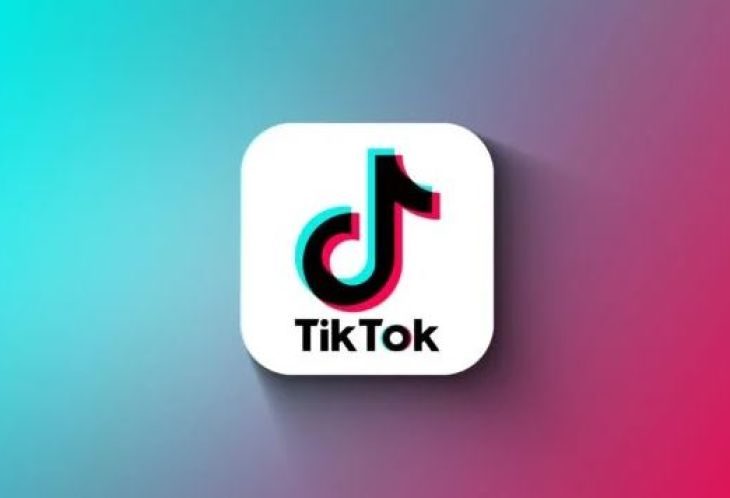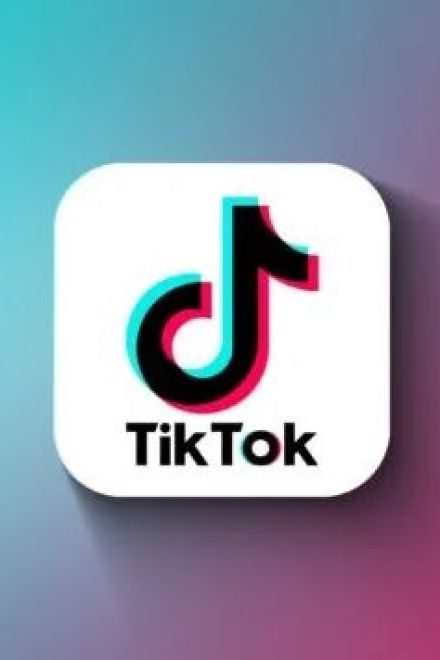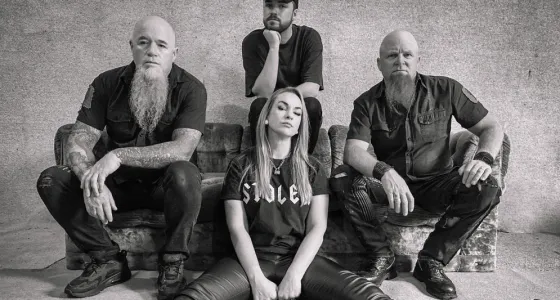
Why TikTok really walked away from Merlin
Thursday 03 October 2024
TikTok has decided not to renew its licensing deal with Merlin, a global indie music group, following the expiration of their current agreement on October 31. Instead, TikTok will negotiate direct deals with individual Merlin members, which include tens of thousands of labels and distributors worldwide.
Merlin, representing 15% of global recorded music consumption, expressed surprise over TikTok’s decision. The platform cited concerns over streaming fraud, particularly manipulated versions of copyrighted songs, such as sped-up or slowed-down tracks, that have surfaced from certain Merlin members. This fraudulent activity has been largely traced to regions including Eastern Europe, Latin America, and Southeast Asia.
A TikTok spokesperson explained the decision, stating, “Doing direct deals allows us to exercise better control and forge closer relationships with Merlin members. We need to ensure that all content delivered is legitimate and of quality.”
TikTok’s Global Head of Music Development, Ole Obermann, clarified that the move wasn’t due to any tension with Merlin but rather a need for better oversight: “By doing direct deals, we can address copyright issues directly.”
Merlin, in a letter to its members, expressed frustration with TikTok's decision to walk away from negotiations without warning. The organization emphasized its proactive approach to addressing streaming fraud, implementing measures such as automated systems to detect suspicious activity and imposing sanctions on bad actors. Merlin had been working with TikTok to combat fraudulent content, making the platform’s decision even more unexpected.
Streaming fraud remains a significant challenge for the music industry, threatening to divert revenue from legitimate artists and rights holders. Platforms like Spotify have already implemented measures to penalize artificial streaming, and law enforcement agencies are beginning to take action against those involved in fraudulent practices.
Despite the breakdown in talks, TikTok maintains that independent artists and labels will not be impacted. The platform assured that as long as agreements are signed by October 25, 2024, content will remain available on TikTok and its sister platform, CapCut, with no disruption.


















